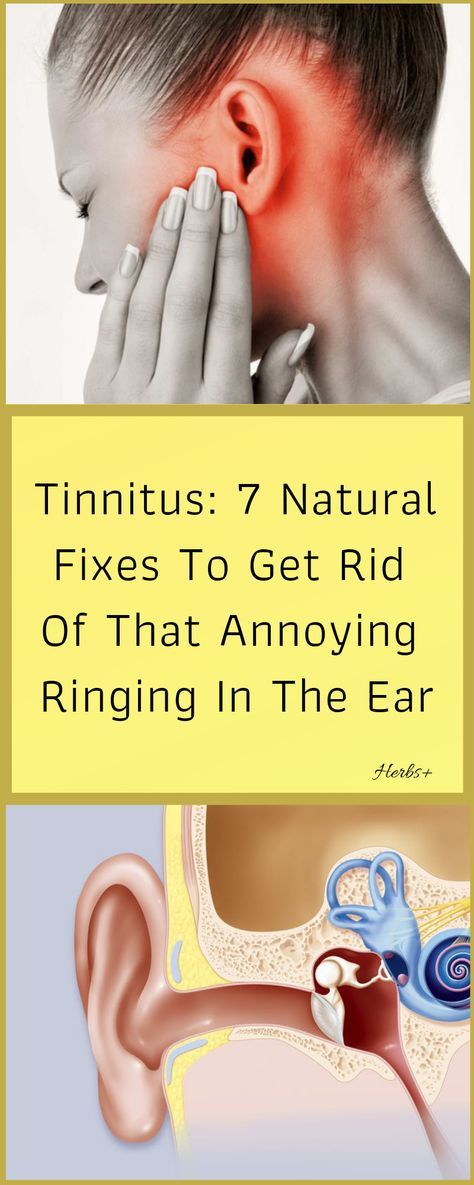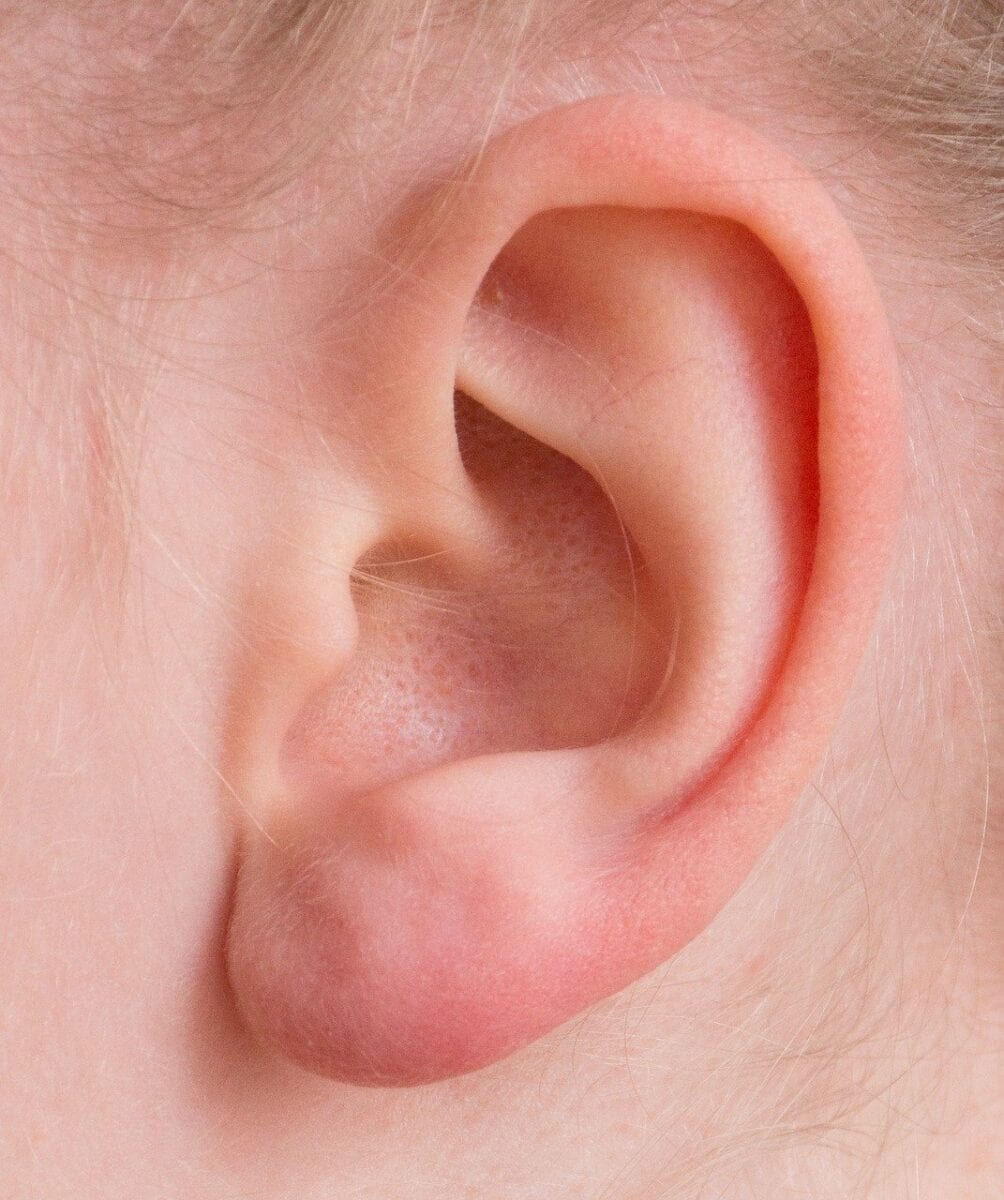Ear rumbling, often described as a strange sensation or sound in the ear, is something many people experience at some point in their lives. It can feel like a low rumble, crackle, or even a buzzing sound that seems to originate from within your ear. For some, it’s a fleeting experience, while others may find it more persistent. While it can be a bit unsettling, understanding ear rumbling is vital in addressing any underlying issues and exploring effective remedies. In this blog post, we’ll dive into the common causes of ear rumbling and the various ways you can find relief.
Common Causes of Ear Rumbling

Ear rumbling can stem from a variety of sources. Here’s a closer look at some of the most common culprits:
- Eustachian Tube Dysfunction: The Eustachian tube helps equalize pressure in the ears. If it’s blocked or not functioning correctly, you may experience rumbling sounds, especially during altitude changes.
- Middle Ear Muscle Reflex: Sometimes, the muscles in the middle ear react to loud sounds or vibrations. These reflexive movements can cause a rumbling sensation as they tighten and loosen.
- Auditory Pathway Issues: Problems in the auditory pathway, including the inner ear or auditory nerve, can lead to unusual sounds, including ear rumbling.
- Tinnitus: This condition often manifests as ringing or buzzing in the ears, but some variants can produce rumbling sensations. Stress, exposure to loud noise, or ear injuries may contribute to tinnitus.
- Earwax Buildup: Excessive earwax can trap sounds and lead to odd sensations in the ear. If you have a significant buildup, it might cause your ears to rumble.
- Infections: Both upper respiratory infections and ear infections can create pressure changes and mucus buildup, potentially leading to rumbling sounds.
It’s essential to monitor your symptoms and consult a healthcare professional if the ear rumbling persists or worsens. They can provide tailored guidance based on your specific situation.
Symptoms Associated with Ear Rumbling

Ear rumbling, often described as a peculiar sensation, can come accompanied by various symptoms that might raise concerns. While the rumbling itself is a noteworthy experience, it's essential to recognize the other signs that might be associated with it. Here are some common symptoms you might encounter:
- Tinnitus: A persistent ringing or buzzing sound in the ears, which can often coincide with ear rumbling.
- Ear Fullness: A feeling of pressure or fullness in the ear, making it seem like your ears are clogged.
- Impaired Hearing: You might notice a temporary decrease in hearing ability, which can be quite disconcerting.
- Dizziness: Some individuals report feeling lightheaded or off-balance during episodes of ear rumbling.
- Pain or Discomfort: Mild to moderate pain can also occur, often described as a throbbing sensation.
These symptoms can vary from person to person; some may experience just a few, while others might find themselves dealing with multiple symptoms at once. It's essential to pay attention to your body and how you feel overall, as these sensations can provide clues to underlying issues.
When to Seek Medical Attention

Knowing when to seek medical help regarding ear rumbling is crucial for taking control of your health. While ear rumbling can often be benign, certain situations warrant a doctor's visit. Here are some signs that indicate it’s time to consult a healthcare professional:
- Persistent Symptoms: If the ear rumbling and associated symptoms last more than a few days, it’s wise to get checked out.
- Severe Pain: Intense ear pain or discomfort that doesn't subside is a clear signal to seek help.
- Changes in Hearing: Sudden or significant changes in your hearing abilities should always be assessed.
- Dizziness or Balance Issues: If you're experiencing frequent dizziness or balance problems, a medical evaluation is necessary.
- Discharge from the Ear: Any fluid or pus-like discharge can indicate an infection and should not be ignored.
Don't hesitate to reach out to your healthcare provider if you're ever in doubt. It's always better to be safe than sorry—after all, your ears are important! Getting a professional opinion can help ensure that any underlying issues are addressed promptly.
Home Remedies for Ear Rumbling
If you're experiencing ear rumbling occasionally, you might be surprised to learn that several home remedies can provide quick relief. Before diving into professional treatments, you could try these simple yet effective home solutions. Remember, these remedies can help soothe your discomfort, but they’re not a substitute for professional medical advice if conditions persist.
- Steam Inhalation: Inhaling steam can help clear your ear canals. Just boil some water, pour it into a bowl, and inhale the steam while keeping your face covered with a towel.
- Warm Compress: Applying a warm compress to your affected ear can promote circulation and reduce discomfort. Just soak a washcloth in warm water, wring it out, and hold it against your ear for relief.
- Hydration: Staying hydrated can alleviate ear rumbling. Drink plenty of water to keep mucus thin, ensuring better ear drainage.
- Chewing Gum: Chewing gum can help keep your jaw active, which can alleviate ear pressure and minimize rumbling caused by muscle tension.
- Yawning and Swallowing: These actions can help equalize the pressure in your ears. Try yawning or yawning while holding your nose and blowing gently.
Of course, everyone's body reacts differently. If you notice that these remedies don't help or if your symptoms worsen, it’s crucial to consult a healthcare professional for further evaluation and treatment.
Professional Treatments for Persistent Ear Rumbling
When home remedies just don’t cut it, and you find yourself dealing with persistent ear rumbling, professional treatment may be necessary. A medical professional can assess your specific situation and recommend the most effective interventions. Here are some common treatments they might suggest:
| Treatment | Description |
|---|---|
| Medication | Doctors may prescribe decongestants or antihistamines to relieve symptoms tied to allergies or sinus pressure. |
| Earwax Removal | If earwax buildup is a contributor, a doctor might perform a gentle cleaning procedure to remove the blockage. |
| Physical Therapy | Sometimes, ear rumbling can be due to muscle tension. A physical therapist can guide you through exercises to relieve this tension. |
| Surgery | In severe cases, surgical options may be available to correct structural issues affecting ear pressure. |
Lastly, it’s vital to address any underlying conditions that may be contributing to your ear rumbling. Consulting an ear, nose, and throat (ENT) specialist can provide tailored solutions and peace of mind.
Understanding Ear Rumbling Causes and Remedies
Ear rumbling, often described as a sound akin to a low growl or roar, can be unsettling for many individuals. This phenomenon, scientifically known as "muscle spasm" or "tensor veli palatini dysfunction," occurs when the muscles in the ear contract involuntarily. Understanding the underlying causes and potential remedies for ear rumbling can help individuals manage and alleviate this discomfort effectively.
Causes of Ear Rumbling
Several factors may contribute to ear rumbling, including:
- Muscle Spasms: Involuntary contractions of the tensor veli palatini muscle can lead to rumbling sounds.
- Changes in Pressure: Sudden changes in elevation, such as during air travel or driving through mountains, can irritate the ear.
- Ear Infections: Conditions that cause inflammation in the middle ear may trigger abnormal sounds.
- Allergies: Allergic reactions can cause congestion, impacting ear function.
- Excessive Wax: Build-up of earwax can disrupt normal hearing and result in strange sounds.
Remedies for Ear Rumbling
To tackle ear rumbling effectively, consider these remedies:
| Remedy | Description |
|---|---|
| Yawning or Swallowing | These actions can help equalize pressure in the ear. |
| Stay Hydrated | Proper hydration can reduce ear congestion. |
| Consult a Doctor | Seek professional advice if symptoms persist. |
| Ear Drops for Wax Removal | Use ear drops to soften and remove excess wax. |
In conclusion, understanding the causes and potential remedies for ear rumbling can empower individuals to seek timely action and mitigate their discomfort, ultimately improving their overall ear health.










